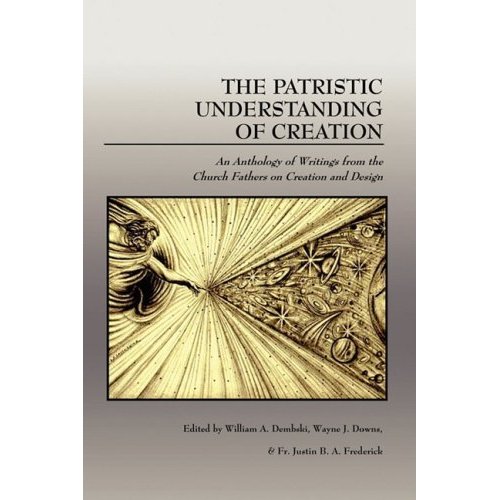Paul Gillin, a veteran technology journalist and formerly editor-in-chief of ComputerWorld, thinks that legacy mainstream media (MSM) are toast.
Sure, lots of people think so, and yet another techhead’s view wouldn’t matter – except that I keep hearing the same thing from journalists who hoped it wasn’t true, and used to say it wasn’t. From Gilpin:
Why now? People have been wrongly forecasting the death of newspapers for years. Why is this time different?
The first decade of the consumer Internet was very different from that which we’re now entering. Web 1.0 was the display Internet. It was a decade when organizations put their brochures online and users got comfortable with the idea of a global network. Search tools were rudimentary, Web content was difficult to create and interactivity was limited.
Yes, Paul! And even worse, Yapster the Terrier was more likely to have a Web page than his master’s business was. Yawn. Not much of a threat to established media, that. But …
That’s all changed. It’s now easy for individuals to create Web content. Computing power, storage and bandwidth costs are declining rapidly. The open-source software movement has dropped the price of software to near zero. Search engines have become a more effective marketing channel than e-mail. Google AdSense and affiliate marketing networks can generate income for Web site operators, even at low traffic levels. Today, a small group of people with a few thousand dollars and a good idea can build a self-sustaining Web franchise in a matter of months. You couldn’t have done that five years ago.
Layered on top of that is a demographic shift that is about to move a large new group of Web-savvy consumers into the economic mainstream. This new generation simply doesn’t have the loyalty to established media that their parents do. And they don’t read newspapers at all.
Don’t read newspapers? No, and for good reason. At my local convenience store, the guy flogging subscriptions to the Globe & Mail couldn’t even give away a pile of free papers. For one thing, now that Toronto makes us pay for recycling by the size of the bin, who wants a big pile of newsprint?
I’m more skeptical of Gilpin’s claim that the “new journalism” doesn’t need to be accurate because industrious armies of readers will correct stories, and that’s okay. Okay for whom? For people who don’t need accurate information?
If I need to know the expected overnight temperature in Toronto tonight, I’ll go with the Weather Network’s Internet forecast, right or wrong – because one thing that hasn’t changed is that there are only 24 hours in a day and I can only invest a tiny amount of time in finding out – and I don’t need one hundred commenters’ opinions on the subject. In general, a system that cannot distinguish between informed and uninformed opinion will likely be replaced by one that can. But we shall see.
Now, how will this affect the ID controversy? Well, let’s see: Darwin’s mob will lose the considerable advantage they gained from the formula pro-Darwin stories generated by the legacy MSM. They will, however, still have the advantage that so many of them are supported by the taxpayer, and they may gravitate increasingly toward political action to silence dissent.
One thing about predicting the future is that it is riskier than predicting the past.
Also: Just up at the Post-Darwinist
Jailed Canuck media mogul Conrad (Tubby) Black endorses ID-friendly Jindal for McCain’s veep. Go Tubs! Read More ›
